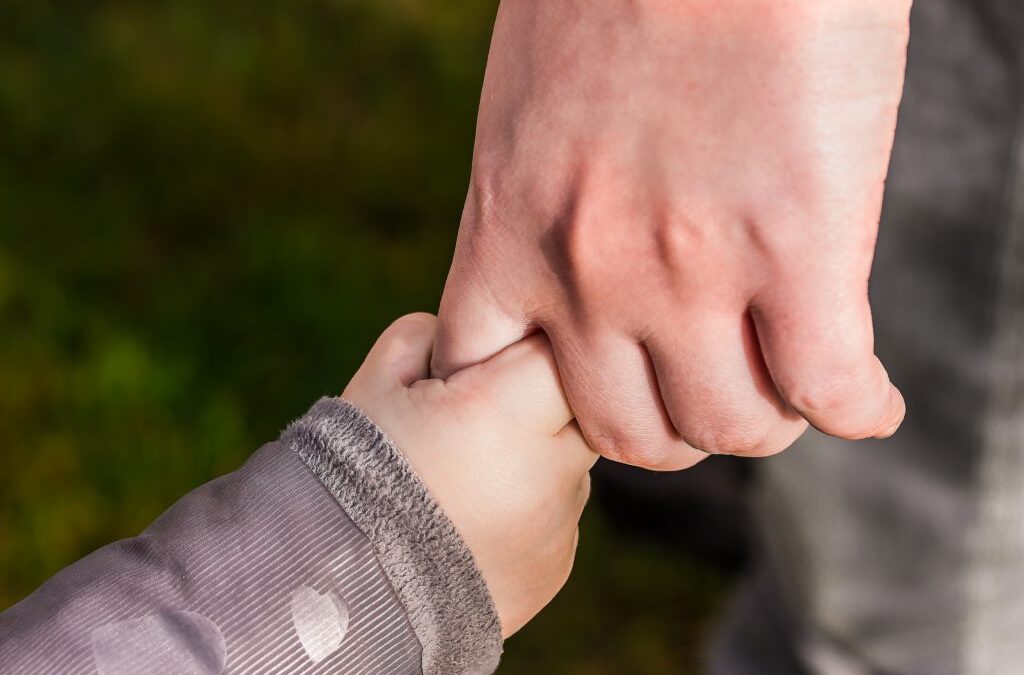By Dr. Michelle A. Navarro, MA, Psy.D.
Good parents making loving mistakes; the ‘Lawn Mowing Parents’
Obstacles in life are gifts of opportunity for learning and developing leadership skills in both children and young adults
As a parent, step-parent, and psychologist I am amazed at the simple tasks or hardships we do for our children instead of allowing them the opportunity for growth and development. As a child, teenager, young adult, and adult the struggles we face allow us to self-correct, adjust to the world around us, and manage failure and success. These small battles offer all the chance to learn self-regulation, risk without fear of rejection and failure, and the ability to self-sooth. These tools are precursors for early leadership skills. We, as parents, can open the door to the possibilities of vital teachings and the acquisition of knowledge or withhold it and rob our children of this important moment.

Teaching moments happen daily, but often it is not in the lectures we like to give, but in experiencing life and its rewards and natural consequences.
Often parents say to me that their child is anxious and fearful, and a follower. They worry that she will not reach her full potential or be easily enticed by others. When we begin to talk these caring parents talk of all the things they do for this child; lay with her and read to her each night, make her breakfast, pour milk, and make sure she has what is “needed” to be happy. As I review stories, they all begin to have a similar theme, “Doing for their children, providing for their children,” a noble and loving intention but a recipe for dependency and an external sense of self-worth. Thus, by moving all obstacles, in the name of reducing stress, saving one’s child’s self-esteem, we become a lawn mover parent, robbing our children the chance to fail. Without failure in a safe environment, risk taking decreases and creativity and entrepreneurial pursuits.

As a toddler begins to walk, he struggles and stumbles until there is success.
It is in this accomplishment that the child has now learned to walk. Yet other times a child yearns for a toy just out of reach and instead of sitting back and allowing the process of adjusting or struggling a parent hands the child the toy. The act may seem “kind” but children are amazing problem solvers and this act served to interrupt the problem-solving process. Perhaps the child could have used a stool (you are there to make the opportunity safe), or he may have rolled over to the toys if not walking. A child learning to pour milk or drink without a sippy cup needs to spill repeatedly until she can self-correct. This success, minuet as it may seem, builds the foundation of trying, risking, and self-esteem. You can tell your child how wonderful he is, but it is better for him to know this internally. Thus, he creates his own internal cheerleader and his own sense of self-esteem.

Failure can equal success
I watch preteens not allowed to use microwave or stove for fear they burn themselves or teens not allowed to drive because while practicing they hit a mailbox. I liken this to swimming. My aunt scolded my mother on many occasions, but this one I find much humor in. She disapproved of the swimming lessons as my sister or I could drown, without a thought that the lessons would be what would eventually save us from drowning. Nowadays a good number of parents take their children for swimming lessons, yet these same parents do not let their children boil water or cook at ages we as parents did at much younger ages. My friend shared a story of being a “bad parent” for allowing her precious 6 year daughter to use the microwave to make her favorite breakfast sandwich. She told her daughter the time, but the child added a zero and the treat was no longer edible. She was upset that she put her child in this position of failure and possible harm. However, I smiled with joy and said, “Why not show her how to put the time in correctly and you both are a success.” My friend seemed surprise at my advice and then laughed in relief. We so often fear what other parents will say, “You let your child do that?” instead of think through what we want, successful, self-confident children. But success takes failure.

Be Open or Learning
Allowing a child to fall asleep on his own; he learns to sooth himself. Letting your teen fail a test by not forcing them to study, makes them understand better who is responsible for the grades and hopefully over time learn better time management. Failure and success are crucial to enlightening the child to his potential and acceptance of life and all that it gives and takes. We cannot shield our children from all that is bad in the world, as tragedy and cruelty exist. Further, truly understanding that someone may be faster, prettier, or smarter than your child is not a character flaw in your child or you as a parent, it is just life, fair or unfair as that may seem. Children need to know internally they are fine the way they are, and this comes from experiencing life’s struggles, true opportunities for learning.
“Give a man a fish and you feed him for a day. Teach him how to fish and you feed him for a lifetime” is a quote from the Chinese philosopher Lao Tzu, founder of Taoism. Most of us have heard this proverb; but applying it to parenting can be much harder. Let’s work together to provide our children with the wisdom and skills that are useful now and forever.
Stay tuned for more great ideas to help foster leadership and learning in your children with Dr. Michelle!

